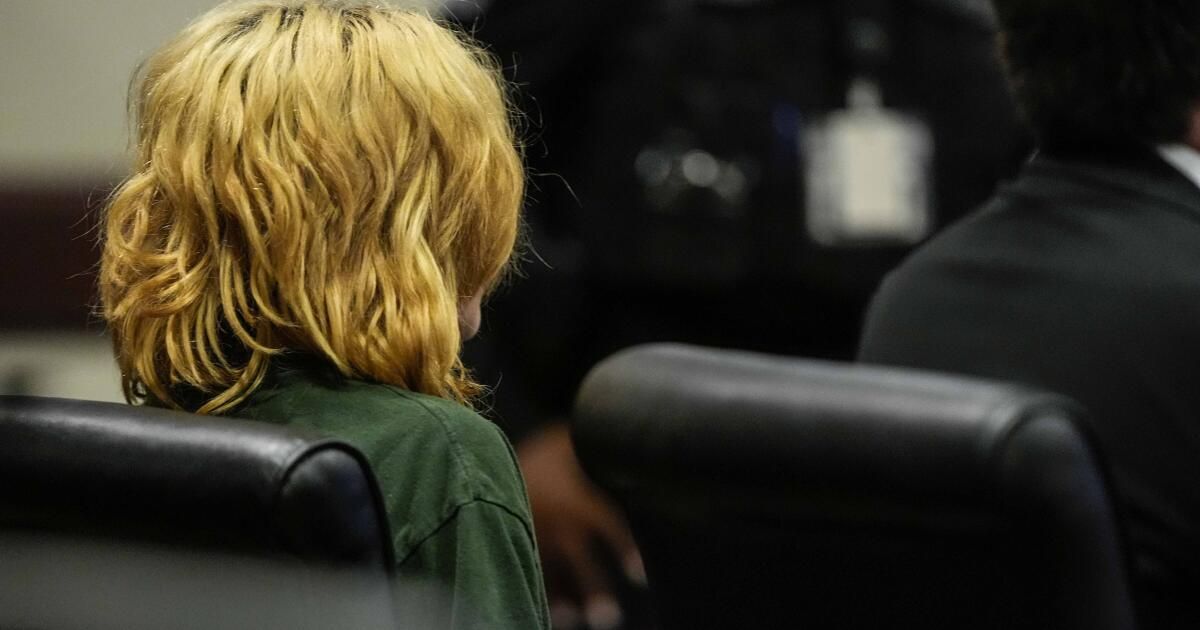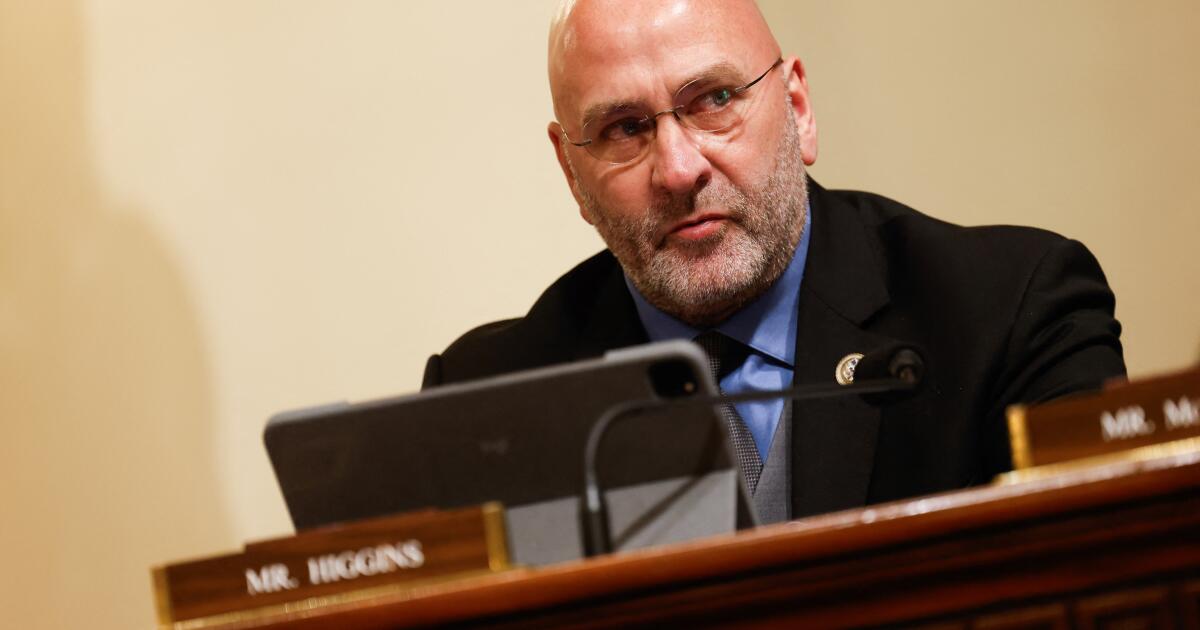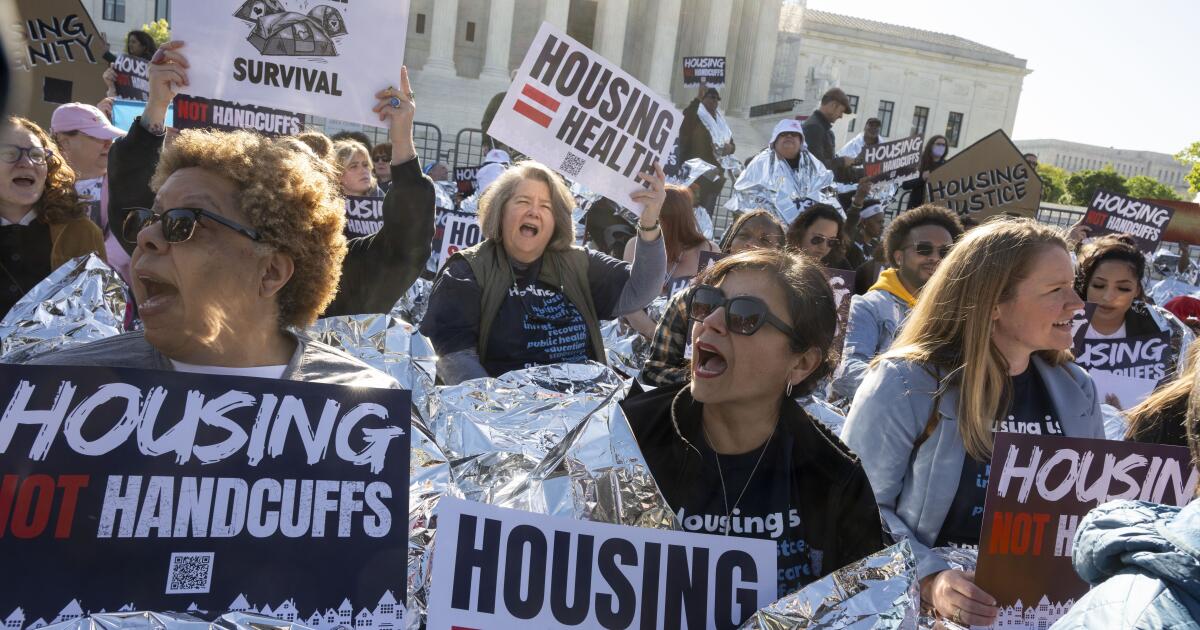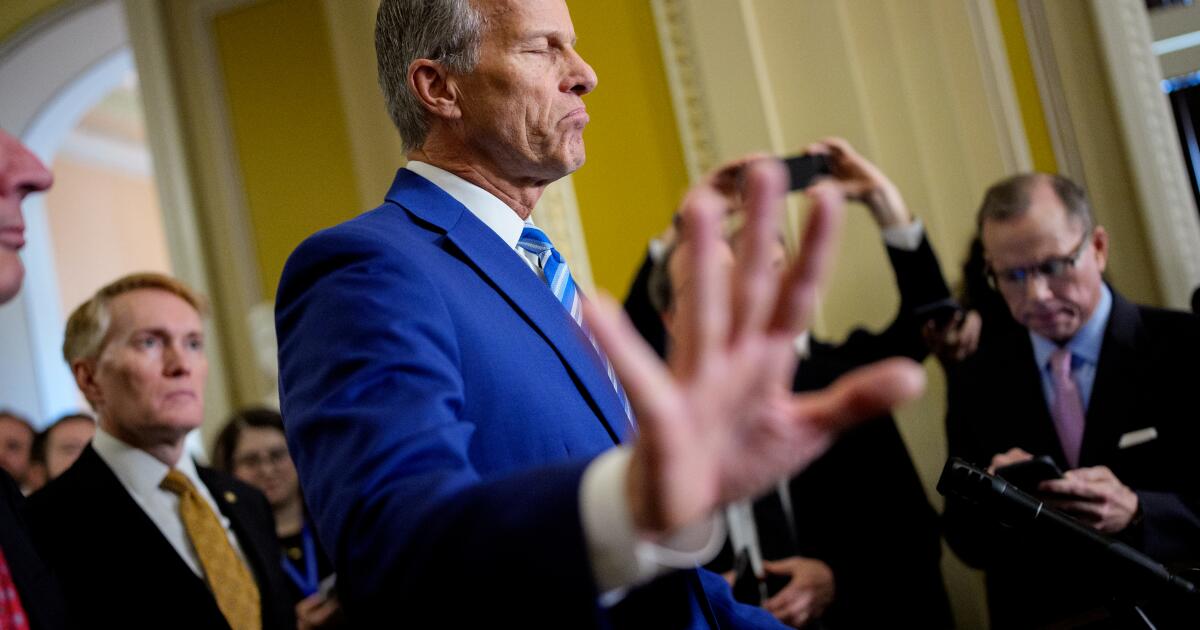Our society has utterly failed to address mass shootings, a fact made clear by the justice system's angry and panicked response to Wednesday's deadly attack at Apalachee High School in Winder, Georgia, just outside Atlanta.
Colt Gray, 14, is accused of killing two students and two teachers and wounding nine others with an AR-15-style rifle. Prosecutors charged him as an adult. They also charged his father, Colin Gray, with second-degree murder, involuntary manslaughter and cruelty to children, allegedly for failing to keep the gun out of his son's hands.
At a hearing on Friday, Judge Currie Mingledorff told Colt Gray that if convicted, he could be executed. The judge later had to call the teen into his courtroom to correct himself: The maximum sentence for a juvenile is life in prison without the possibility of parole, according to a landmark 2005 Supreme Court decision.
In that opinion, the court acknowledged the development of brain science showing that adolescents lack maturity and should not be sentenced to death for a crime, however heinous, that they committed before adulthood.
We have never needed neuroscience or that late court ruling telling us that teenagers are not adults. That difference explains why there is a separate juvenile justice system, which most states have had for more than a century. Juveniles have less moral and emotional capacity, and logically should be subject to a different level of culpability and criminal punishment. It would be downright medieval to treat a child accused of a crime the same as an adult.
That means more than just not executing children or adults who committed crimes as children. It means not processing them through the adult system, housing them with adult criminals, or locking them up for their entire adult lives for acts they committed before they developed adult-level thinking and conscience.
The Supreme Court, however, has refused to go much further than not executing juvenile offenders. States are free to continue treating them as adults, and most do, as the most recent shooting highlights. Georgia has a juvenile justice system that recognizes a juvenile’s diminished capacity but sets it aside in murder cases. The reasoning, if that’s the right word, seems to be that the more horrific the crime committed by a juvenile — the more senseless, the more cruel, the more disturbed — the more the perpetrator is acting with the moral and emotional capacity of an adult. That’s retrograde.
The fact is, we still have trouble recognizing juvenile killers as anything other than incomprehensible monsters. A generation ago, the United States clung to the false idea that some teenagers are subhuman “superpredators” who should be treated like wild animals to be caged or euthanized. Numerous studies have since debunked that theory, but the fear, anger, and horror of mass murder lead us to discard modern thinking and practices and respond to a teenager’s cruelty with more of the same.
Anything to deflect blame from the instruments of mass murder. The gun lobby has had enormous success in defeating laws regulating firearms and portraying them as protection from violence and symbols of freedom, rather than sources of violence and destroyers of lives. Georgia is an open-carry state, for example, and when he recently signed a bill to expand gun rights, its governor, Brian Kemp, boasted – without irony – that he had armed his three sons.












